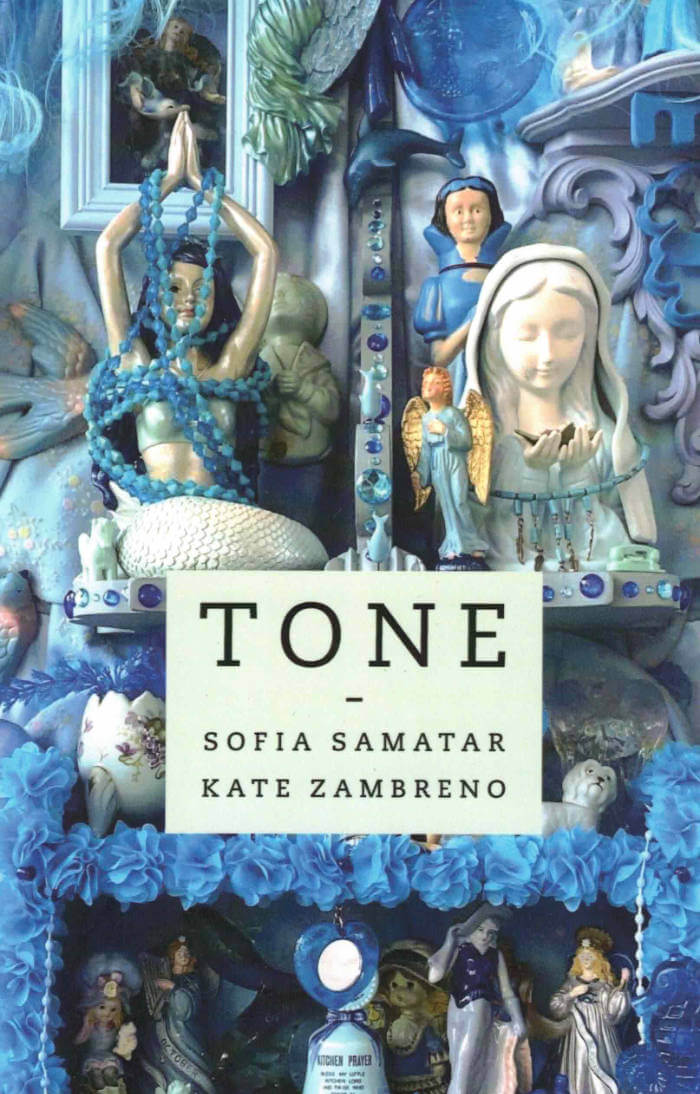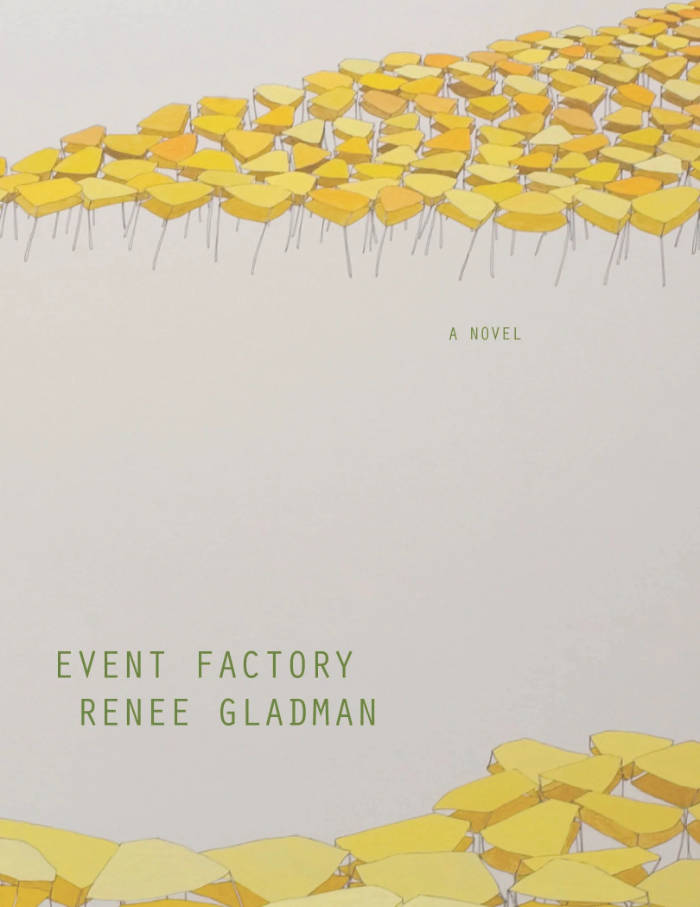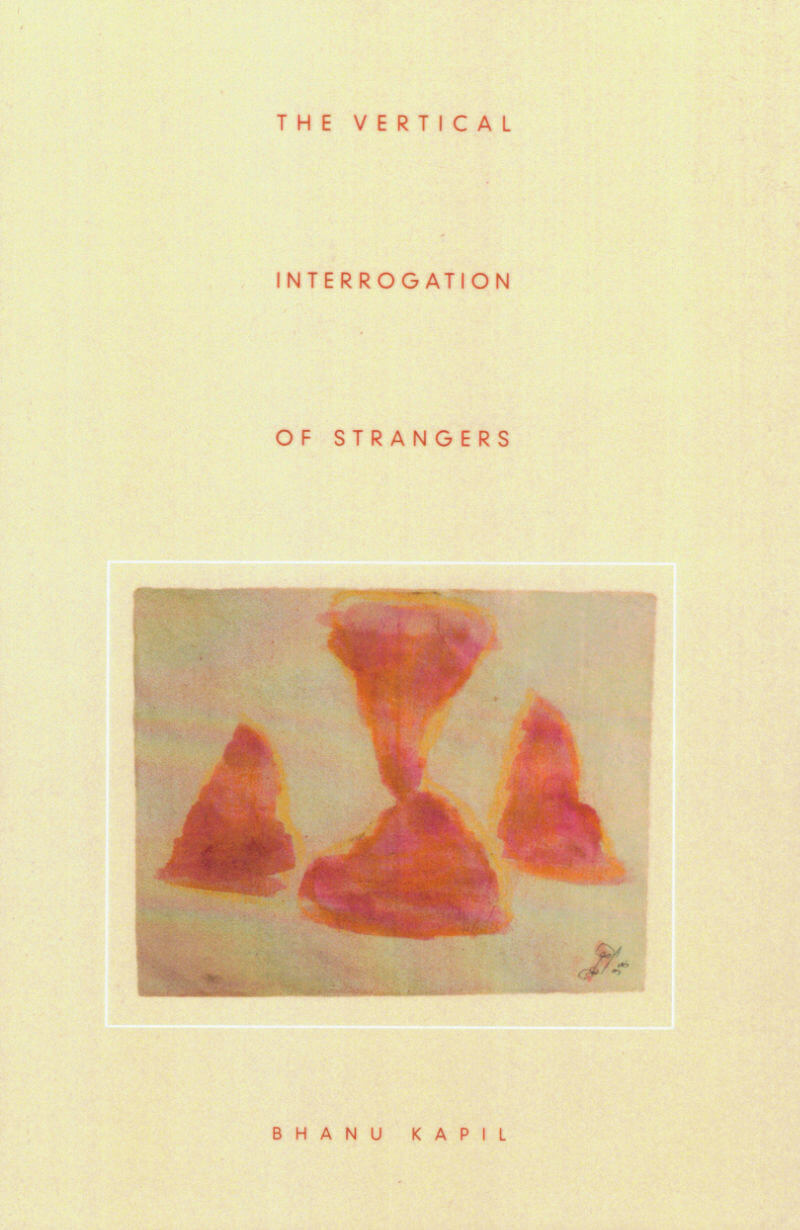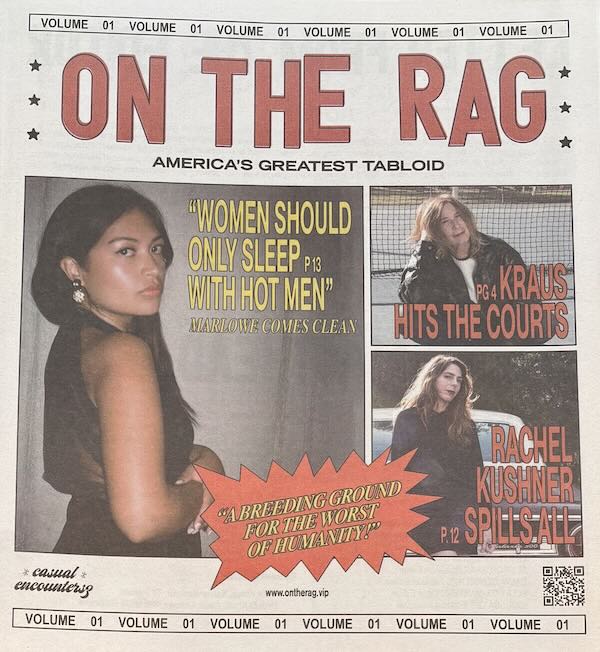
Tone
Tone is a collaborative study of literary tone, exploring its implications for community, politics, and ecology.
Both granular and global, infusing a text with feeling, tone is so difficult to pin down that responses to it often take the vague form of "I know it when I see it." In Tone, a cooperative authorial voice under the name of the Committee to Investigate Atmosphere begins from the premise that tone is relational, belonging to shared experience rather than a single author, and should be approached through a communal practice. In partnership, the Committee explores the atmospheres emanating from texts by Nella Larsen, W. G. Sebald, Heike Geissler, Hiroko Oyamada, Mieko Kanai, Bhanu Kapil, Franz Kafka, Renee Gladman, and others, attending to the chafing of political irritation, the hunger of precarious and temporary work, and the lonely delights of urban and suburban walks.
This study treats a variety of questions: How is tone filtered through translation? Can a text hold the feelings that pass between humans and animals? What can attention to literary tone reveal about shared spaces such as factories, universities, and streets and the clashes and connections that happen there? Searching and conversational, Tone seeks immersion in literary affect to convey the experience of reading-and living-together.







